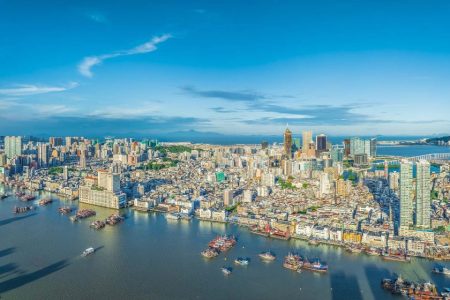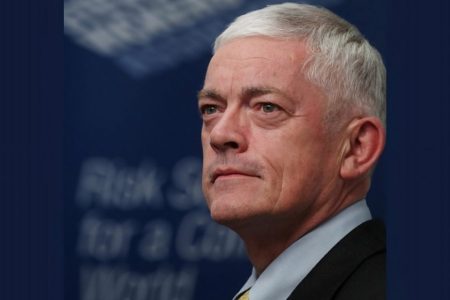The economic prosperity index in Macao is expected to remain stable between November 2024 and January 2025, according to a report published yesterday by the Macau Economic Association (MEA).
The MEA calculates the index, which has a maximum score of 10 points, by assessing 13 criteria that include the unemployment rate, visitor arrival numbers and the gross gaming revenue.
For the next three months, the association expects the index to remain at a stable rate of around 6.5 points. The forecast is consistent with that of the previous 10 months, which has seen Macao’s economic prosperity index stay between 6.0 and 6.6 points.
In its statement, the MEA said that eight of its indicators showed strong results. However, the lowered consumer confidence of mainland visitors, as well as the sluggish stock prices of the six casino operators, indicated that economic uncertainties continued to affect Macao.
[See more: Macao casinos officially predicted to generate 240 billion patacas in GGR next year]
Nonetheless, the economy shows resilience, with the city’s M2 money supply totalling 77.63 billion patacas in September, representing a year-on-year growth of 6.7 percent, as well as a new monthly high.
Likewise, Macao’s visitor arrival rate hit a new single-day record during the 7-day National Day break in October, with the hotel occupancy rate reaching 94.5 percent. Going forward, the MEA expects the SAR’s visitor numbers, hotel occupancy figures and labour market to continue to perform well.
The association also highlighted the boost from the new cycle of interest rate cuts around the world, kickstarted by the US Federal Reserve’s decision to slash interest rates in September and November.
However, it noted that US President-elect Donald Trump may continue to enact his previous tariff, trade and immigration policies that could drive up inflation and reduce the impact of the interest rate cuts.






